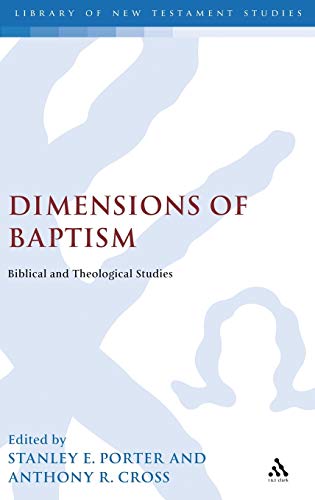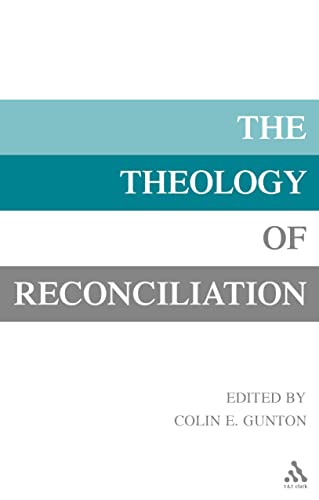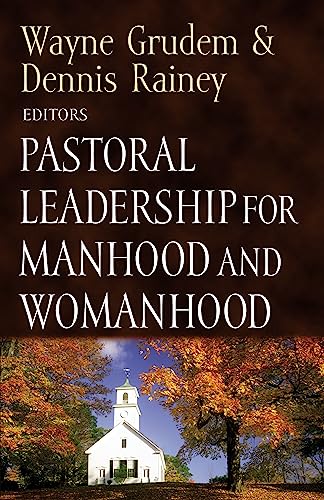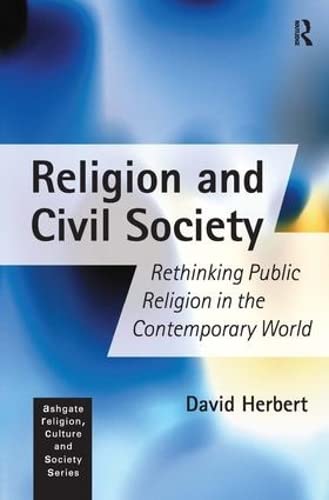THE FUTURES OF EVANGELICALISM: ISSUES AND PROSPECTS
Written by Craig Bartholomew, Robin Parry, and Andrew West (eds) Reviewed By Lee GatissThis collection of twelve essays on topics of fundamental importance for evangelicals comes out of a day conference held at the University of Gloucestershire addressing subjects such as ecclesiology, biblical interpretation, mission, spirituality, philosophy, and politics. With contributors such as Alister McGrath, Kevin Vanhoozer, Graeme Goldsworthy, Christopher Wright, and Eugene Peterson it is bound to catch the attention of serious evangelicals eager, not only to grasp the ‘state of the art’ in each field but also explore some possible avenues for development.
The plural ‘futures’ in the title deliberately highlights that things could go many different ways. A pluralising ‘s’ could equally have been added to ‘evangelicalism’ too, although there is a marked ‘family resemblance’ between the different kinds of evangelical represented here. What is most welcome is Craig Bartholomew’s assurance at the beginning that for all the contributors ‘evangelicalism is the Christian tradition we regard as most biblical and true to the Christian faith’ (11). In an intellectual climate where it is so common to praise every other ‘tradition’ in Christendom while deprecating our own, I confess to having let out a passionate ‘hurray’ on reading this.
As for the chapters: McGrath amusingly manages to footnote his own works twice in his first paragraph, even while praising someone else! In his bibliography, only his own volumes are more recent than 1996 and many are much older. Still, he has much to say that is sobering and refreshing, particularly on the élitism of academia. By far the longest contribution in the book is from Kevin Vanhoozer on ‘Evangelicalism and the Church’. Some would say that evangelicals need to spend extra time catching up on ecclesiology, which may be true, but one wonders whether we might have caught up a little quicker than it takes to read through these 60 pages (don’t relax too much when you see the word ‘conclusion’ nine pages from the end)! I also wondered, after surveying the five and half pages of bibliography for this essay, whether Vanhoozer was joking at the start when he said that ‘the quantity and quality of evangelical ecclesiology is at near poverty level’ (41).
I. Howard Marshall is surely right to praise commentaries which go the extra mile and help with the actual job of applying the Bible text (118–19). Goldsworthy also very helpfully discusses the integration of Christian thought and the place of ‘biblical theology’ as an integrative force within evangelical theology. Wright provocatively asks ‘How come that the part of the world where the church is shrinking claims to teach the rest of the world about church growth?’ (155), while Eugene Peterson engages in some actual biblical exposition, with challenging practical implications (especially when discussing the modern replacement of ‘soul’ with ‘self’, and how to treat ordinary churchgoing people).
I was fascinated by essays 10A and 10B on charismatic/Pentecostal history and futures, although not always encouraged by their conclusions. I was quite annoyed, in fact, at several points with 10B because of its overly bold generalisations about non-pentecostals, but also stimulated to further thought by such irritation. Ruthven is clearly correct to say that in the NT a church member ‘is not simply a consumer of spiritual information’ (314). The final chapter on how evangelicals have engaged and should engage politically was particularly informative about the American scene, but left me with much to think about in a European context too.
I nearly went to the conference, but time forbade it in the end. Yet I am glad I made time for the book, even though it does utilise a most exasperating footnote system!
Lee Gatiss
Lee Gatiss is associate minister of St. Helen’s, Bishopsgate in London and editor of The Theologian: The Internet Journal for Integrated Theology (www.theologian.org.uk). In Autumn 2009 he plans to begin a PhD at Cambridge University in seventeenth-century biblical interpretation.







